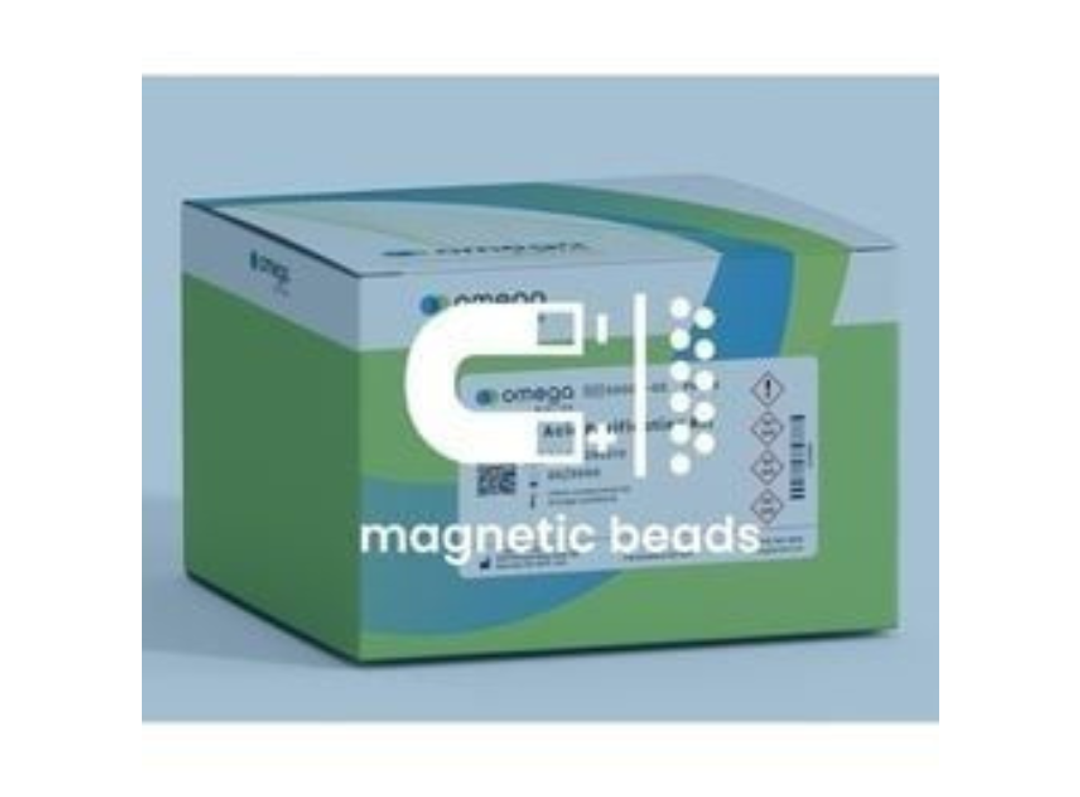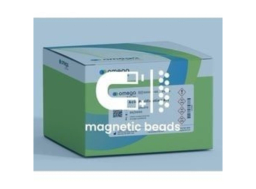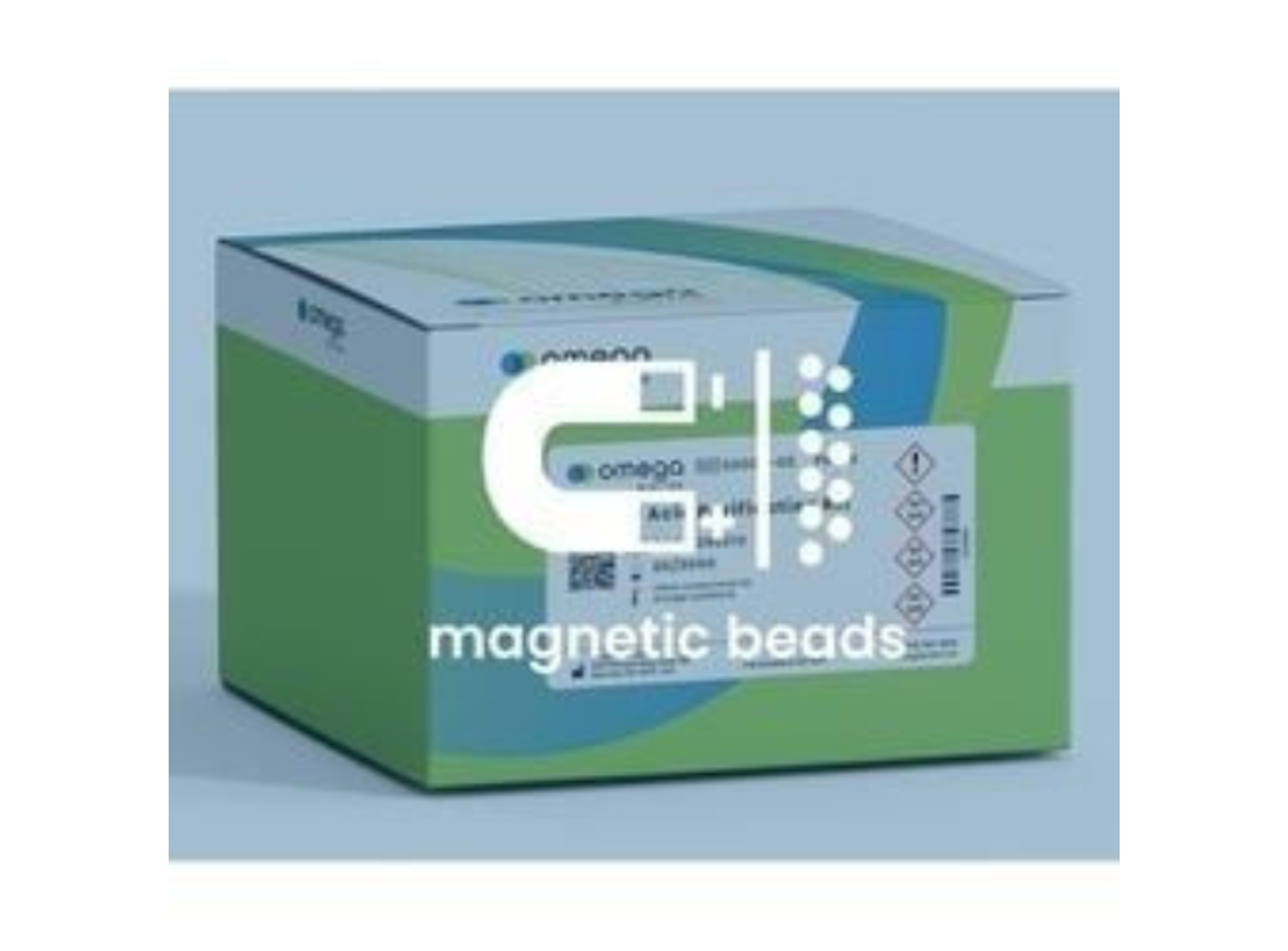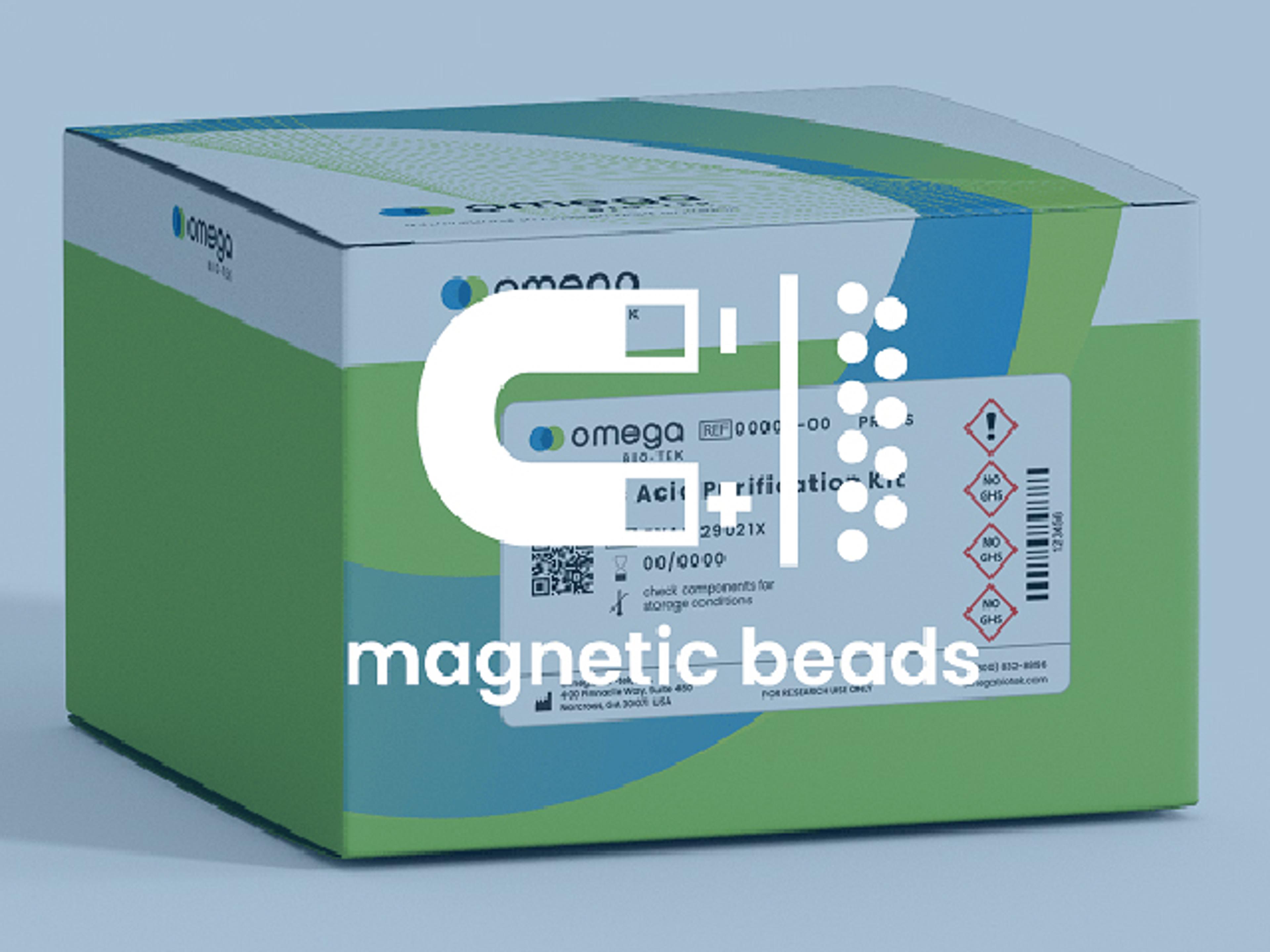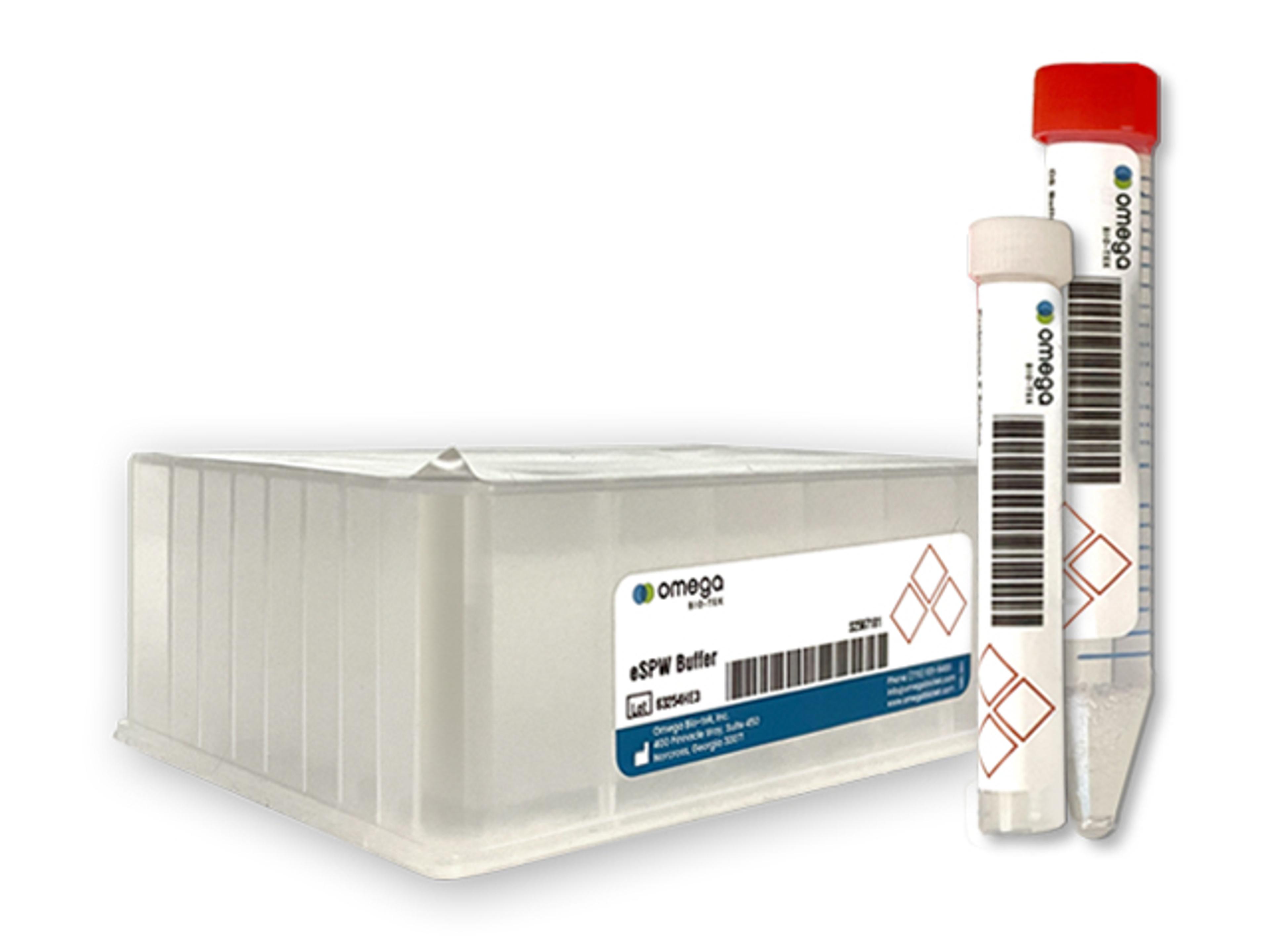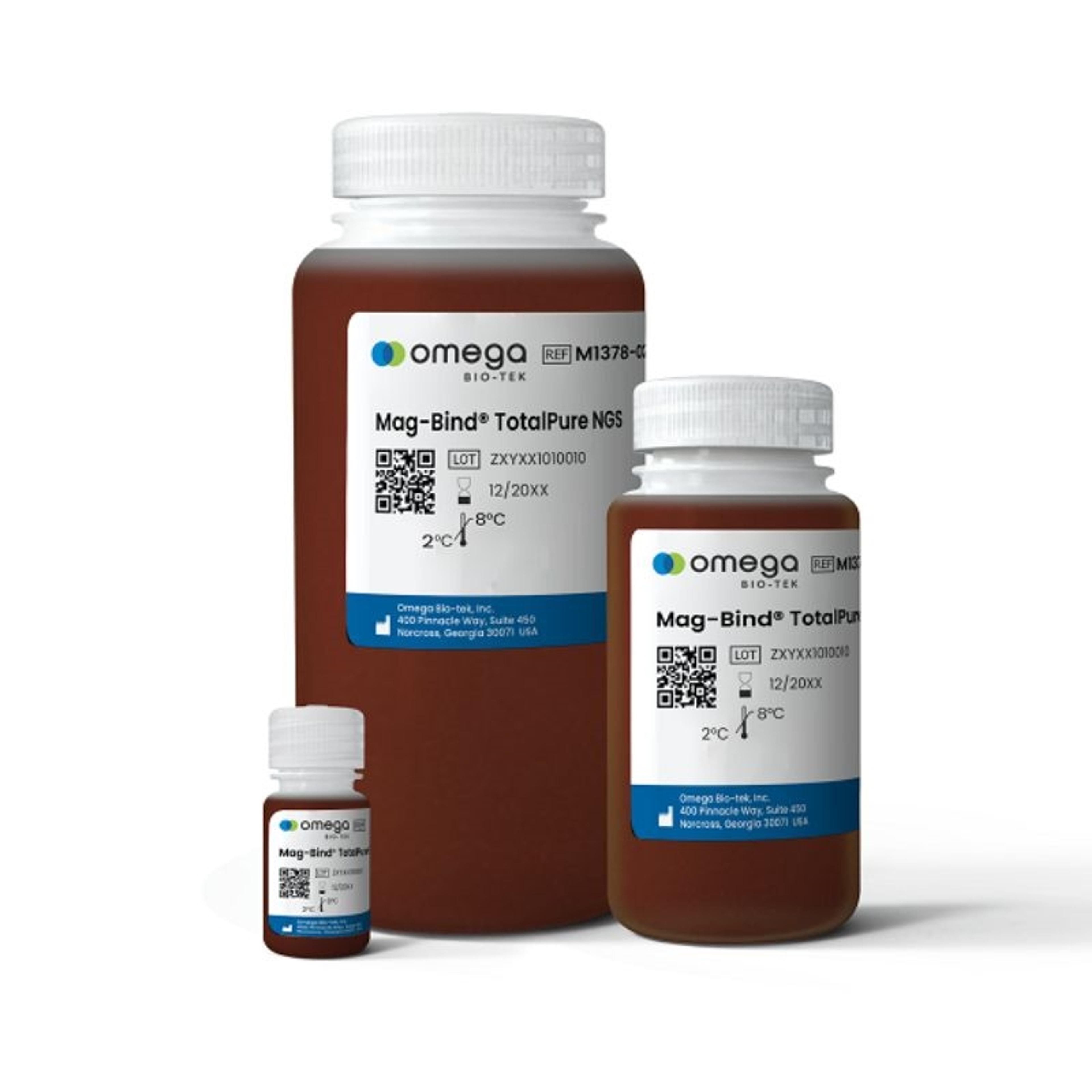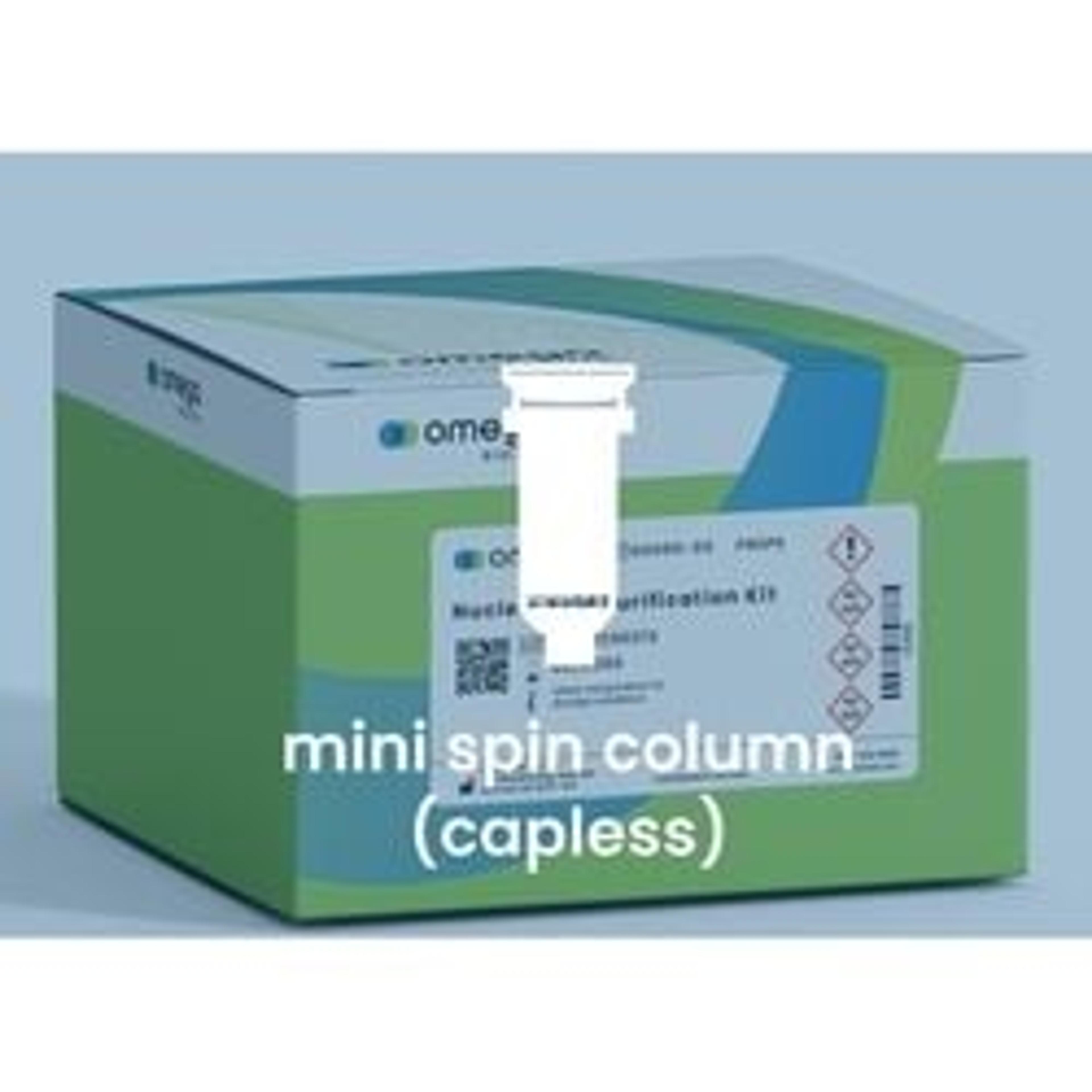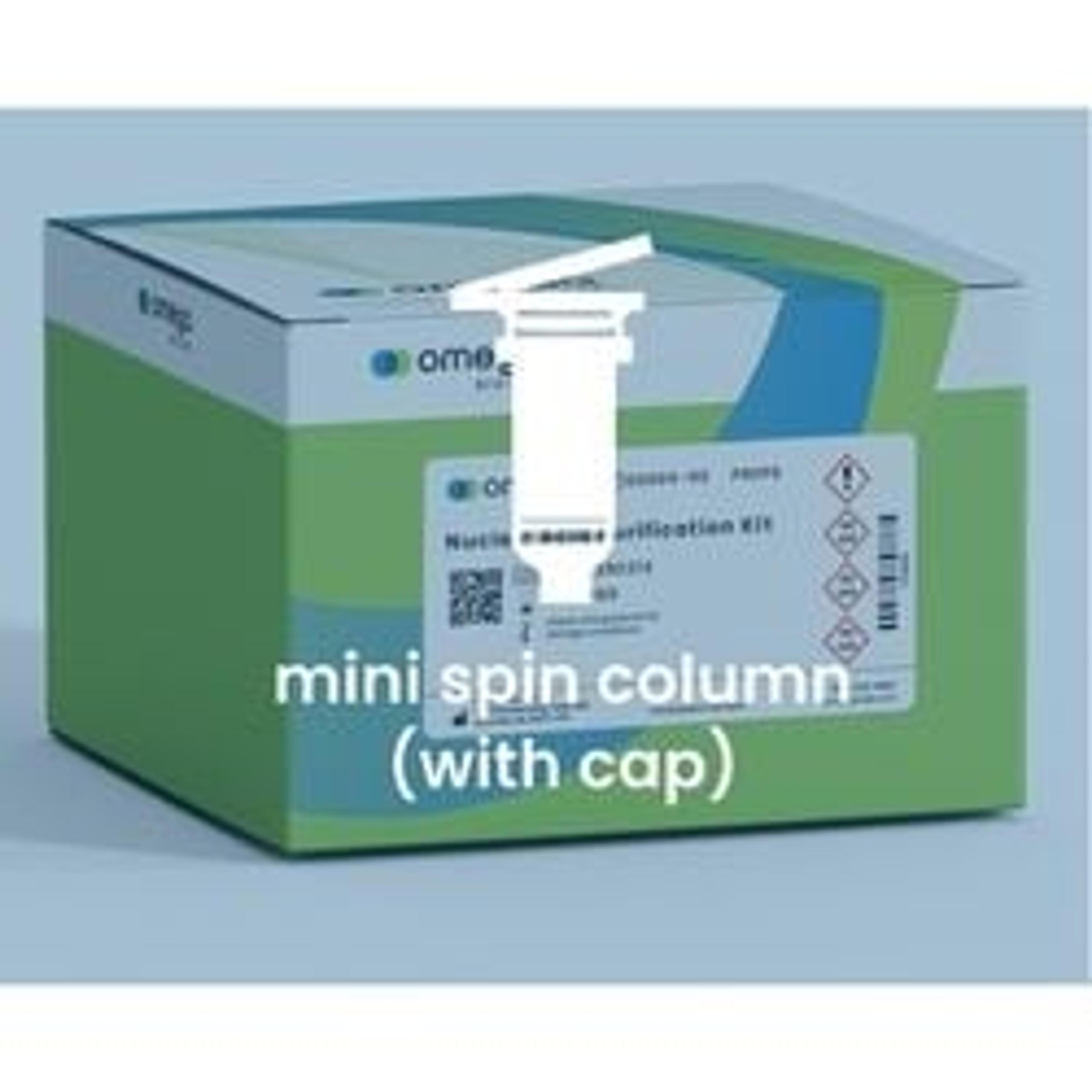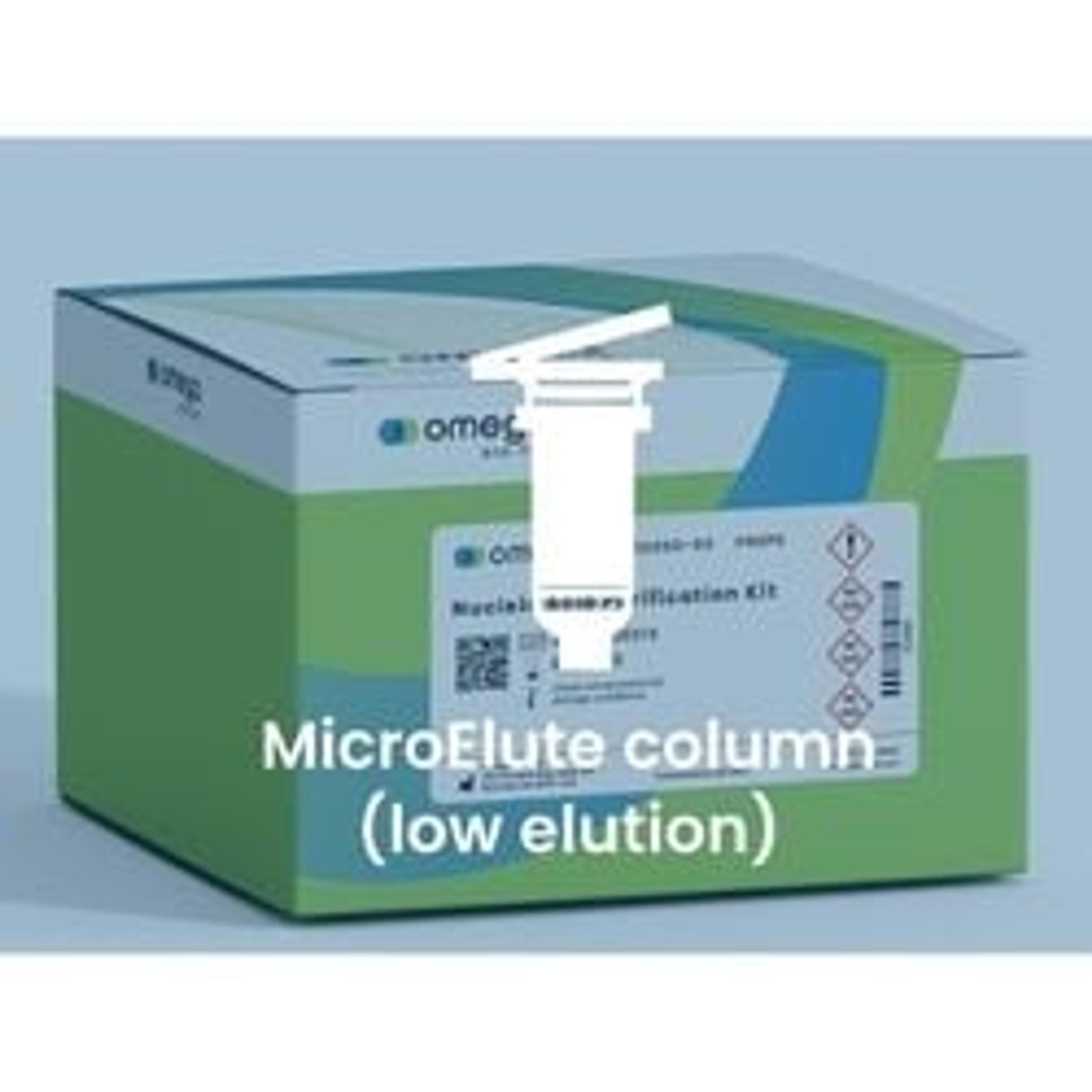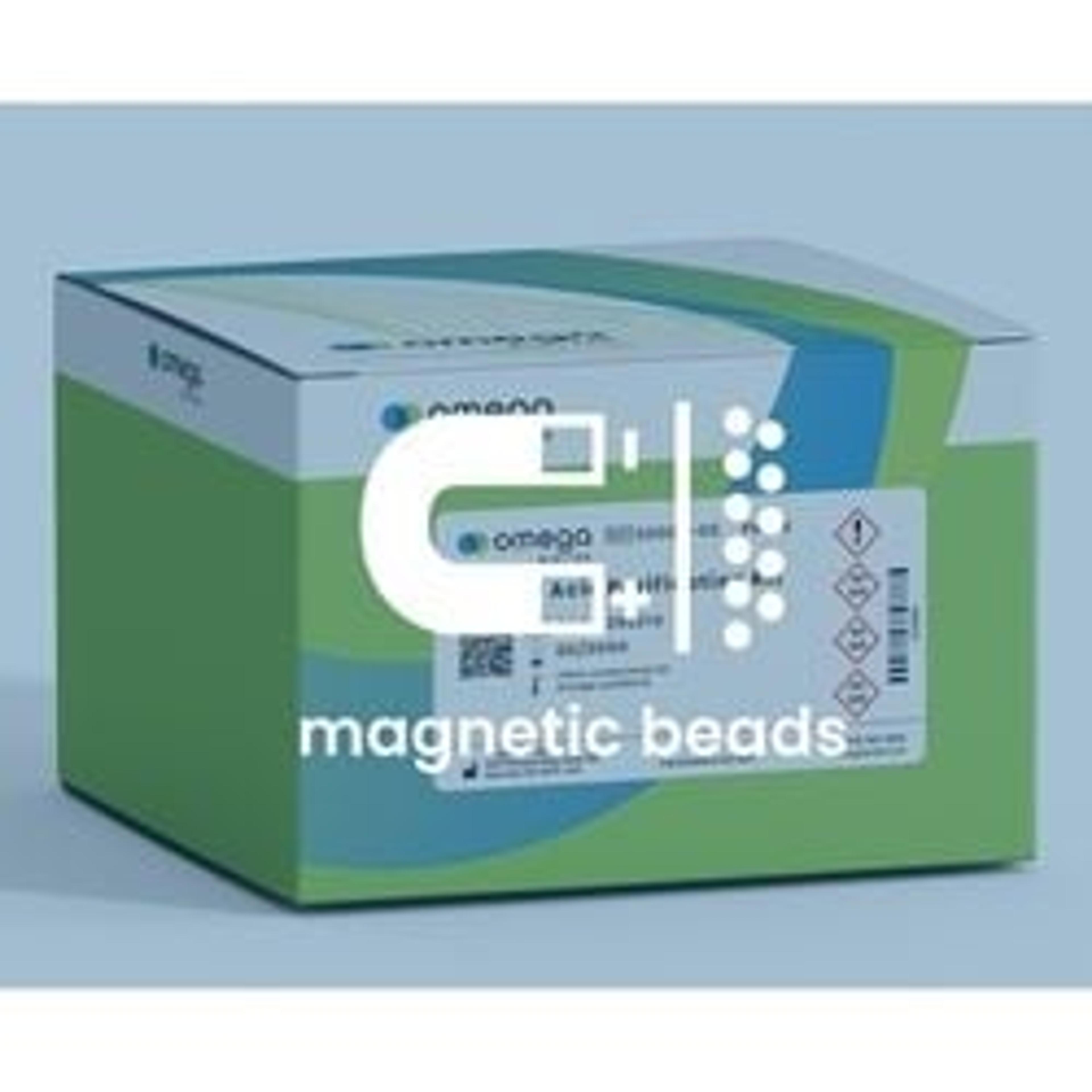Mag-Bind® Endo-free Plasmid Mini Kit
Fully Automatable - Magnetic beads to clear lysate, avoiding manual centrifugation step Versatile - Process up to 1.5 mL bacterial cultures with different plasmid types and culture medias High-quality - Endotoxin-free plasmid DNA with endotoxin levels < 0.1 EU/µg Pure - Contamination-free plasmid DNA with A260/A280 > 1.8 and A260/A230 > 1.8
Five of Five stars!!!
DNA Sequencing
Product easy to use, excellent quality and reliability. Easy to automate. Tech support amazing.
Review Date: 1 May 2025 | Omega Bio-Tek
Great product line
DNA plasmid purification
Omega Biotek's products are of great quality. Technical support is superb.
Review Date: 11 Dec 2024 | Omega Bio-Tek
The Mag-Bind® Endo-free Plasmid Mini Kit is designed to deliver high-quality, plasmid DNA with endotoxin levels <0.1 EU/μg for use in eukaryotic transfections and other sensitive in vitro applications.
The kit follows magnetic bead-based technology to purify plasmid DNA from up to 1.5mL overnight bacterial culture in LB or TB or other suitable growth medium. The Mag-Bind® Endo-free Plasmid Mini Kit can be processed either manually or automated on most open-ended liquid handling platforms as well as magnetic processors. Purified plasmid DNA is endotoxin free (<0.1 EU/μg), and yields may vary depending on the copy number of the plasmid, E. coli strain used, culture media, and conditions of growth.
The Mag-Bind® Endo-free Plasmid Mini Kit follows a modified alkaline lysis method forming a bacterial lysate. The lysate is then cleared using either Mag-Bind® Particles LC (sold separately) or centrifugation. The novel paramagnetic lysate clearance beads bind to cell debris and pulls them down when magnetized. This eliminates the need for centrifugation or vacuum manifold for lysate clearance, making this suitable for high-throughput, automation workflows.
Post lysate clearance, plasmid DNA is then bound to Mag-Bind® Particles RQ through a specially formulated binding buffer and the Mag-Bind® particles are subjected to a wash routine to remove endotoxins, salt, and other contaminants. High-quality plasmid DNA is then eluted in Endo-free Water and is ready for use in a wide range of downstream applications such as transfection, routine screening, restriction enzyme digestion, transformation, PCR, and DNA sequencing etc.

